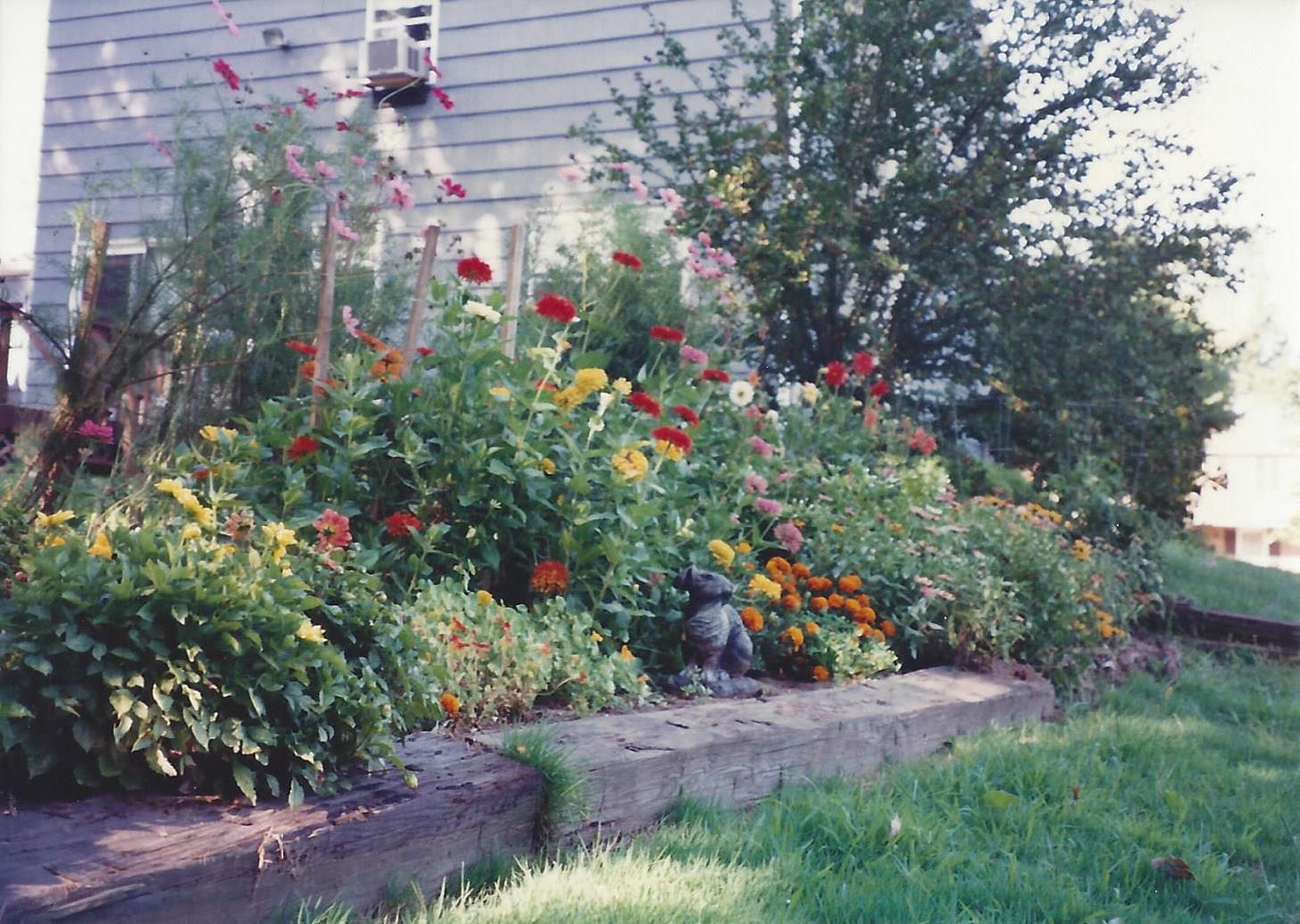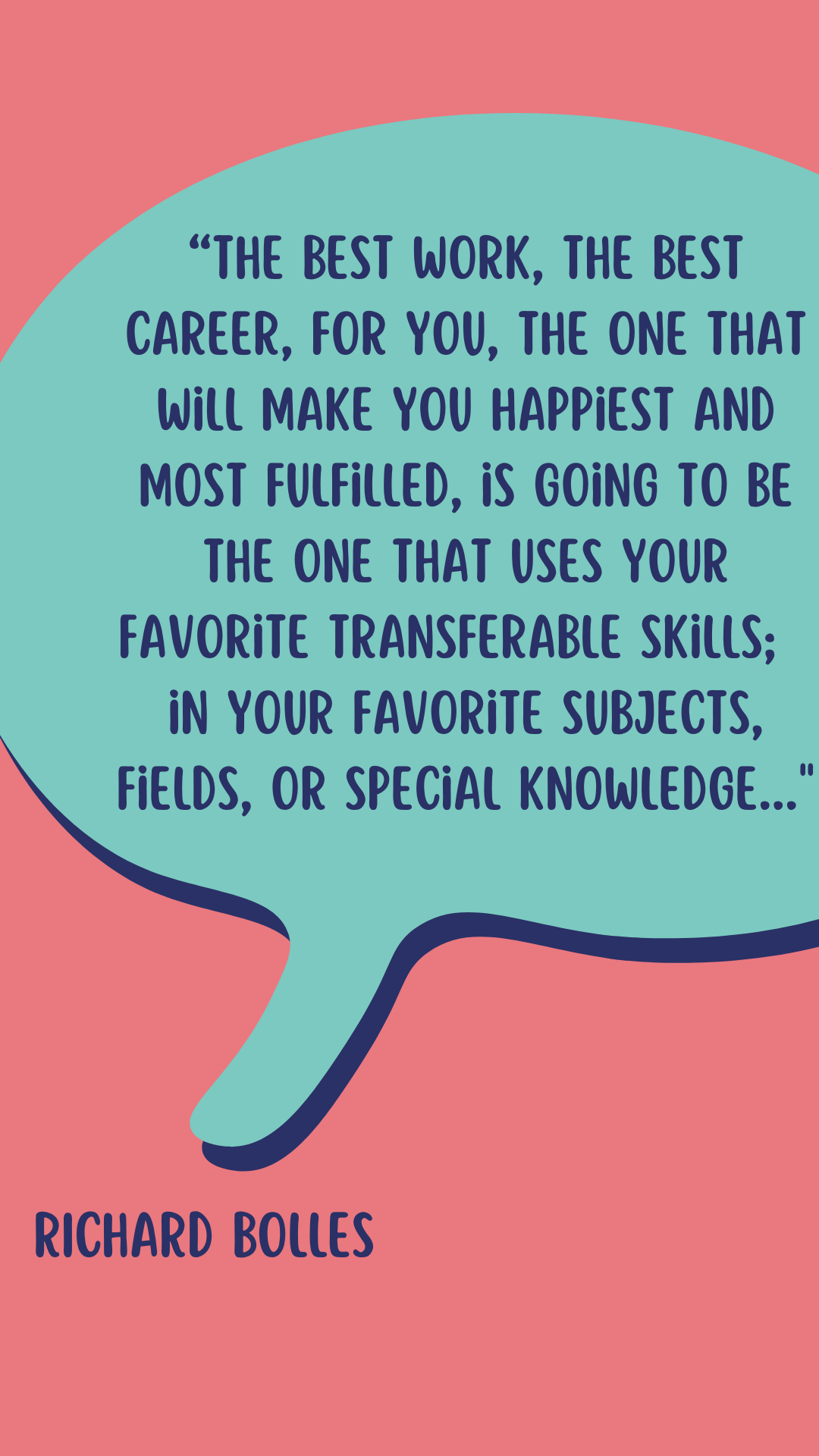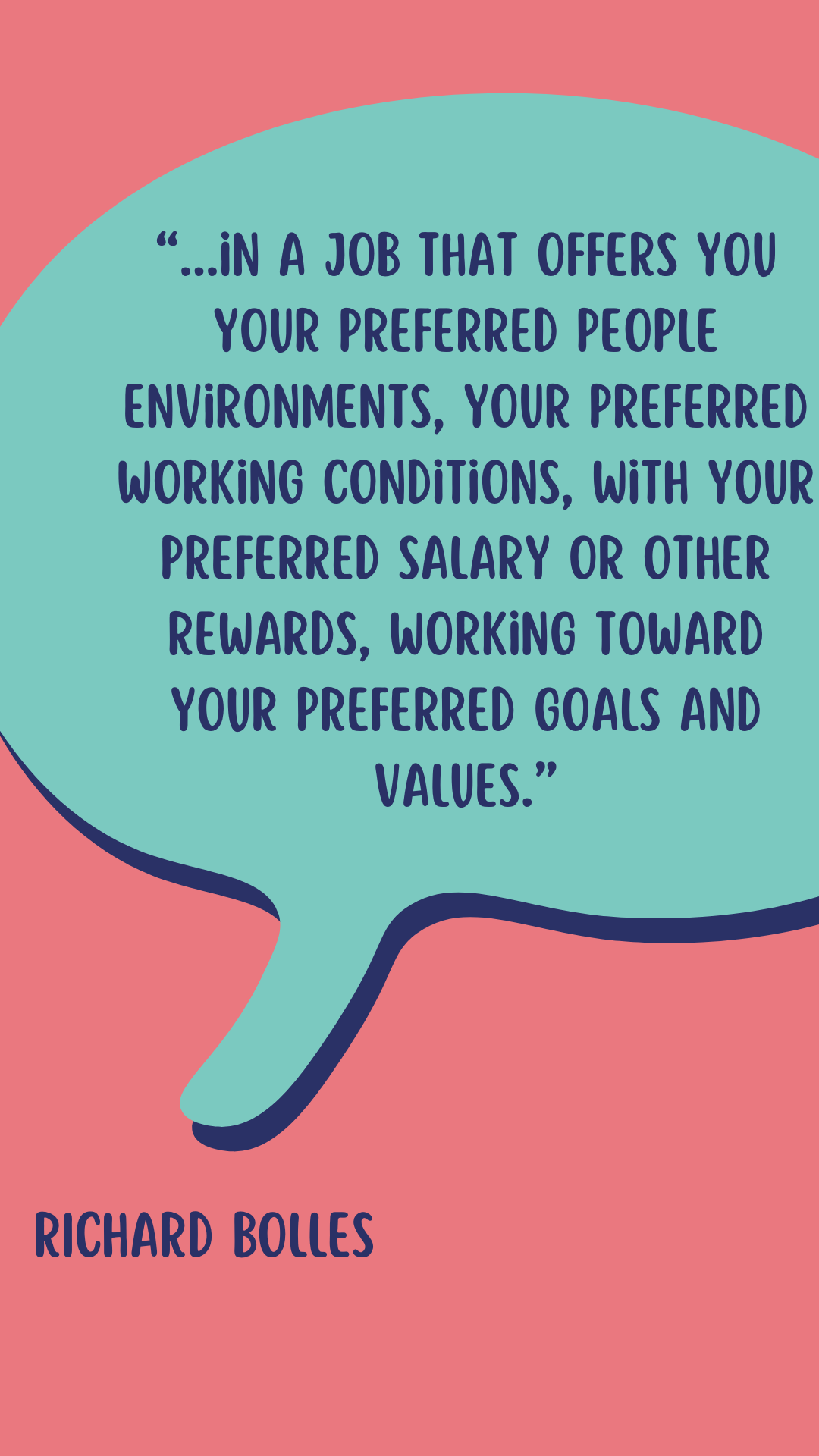Why you should get back on your hobby horse
Cultivating a passion outside of work is good for your mental health
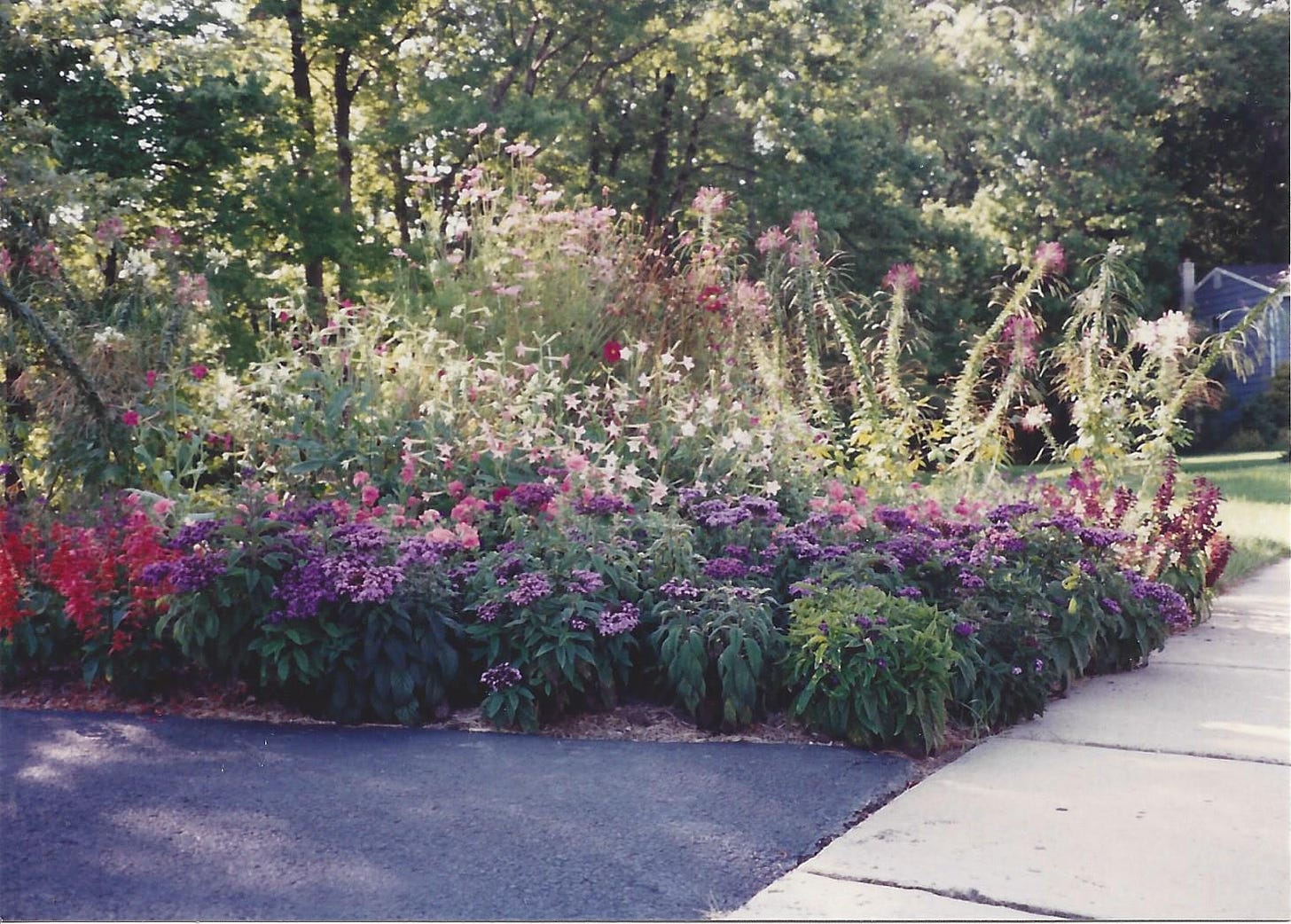
The other day when I was going through a cabinet in our family room, I discovered my daughters’ old art supplies. It was a little sad to see the abandoned supplies. It reminded me of the arts and crafts supplies I used to keep stashed in my mom’s china closet cabinet growing up and all of the enjoyable afternoons I spent as a child creating stuff just for the sheer pleasure of the experience.
Neither my daughters nor I had the talent or interest to support a career in the arts, so our artsy activities fell by the wayside. Once you reach high school, who has enough free time to pursue a hobby or a mindless pastime? Attention typically turns to homework and all those extracurricular activities directed toward college applications.
I want to make a case for bringing back hobbies once you’re a full-grown adult. In fact, I strongly encourage you to take advantage of your free time in your 20s to rediscover your passions outside of work.
While the fact that hobbies and mindless pastimes are so easy to discard might make you think they are just time-wasters, you’re wrong. Humans are not designed to engage solely in goal-directed behavior seven days a week. Hobbies that you enjoy trigger the release of feel-good chemicals, making them good for your mental health.
A 2023 study that followed more than 93,000 older adults across multiple countries over several years found that people with hobbies—loosely defined as activities done for pleasure during leisure time—self-reported higher health, happiness, and life satisfaction.
So before you have kids, heavier-duty work responsibilities, or other obligations that will inevitably come along to suck up your free time, I would encourage you to discover or re-discover a passion or two that appeals to you.
One of the hobbies I returned to in my 20s was gardening. I had my own vegetable garden in my tween and early teen years. Since I wasn’t interested in pursuing a career in botany or landscape architecture, I gave up my garden once having dirt under my fingernails didn’t seem cool anymore.
But once I had my own house and more time on my hands, I decided to give gardening a whirl again. I wasn’t interested in growing vegetables, but the flowers featured in those Monet paintings I admired appealed, so I started planting seeds again.
Though I didn’t like weeding, I enjoyed researching different combinations of flowers and designs. The photo at the top shows the garden I created at the foot of our driveway. The other picture shows the flowers I planted in the raised beds the previous homeowners had made from old railroad ties. It wasn’t much, but it looked better than what would have otherwise turned into an overgrown patch of weeds).
Gardening turned out to be a hobby that evolved as my circumstances changed. Once the kids came along, I switched from annuals to perennials because I didn’t have time to plant a whole new garden every year. And now, even though I have more time to play around, I’m trying to plant more shrubs so that I’ll have lower-maintenance gardens once I become an old geezer. But it’s been nice to have something low-key to do that doesn’t relate in any way to what I do professionally.
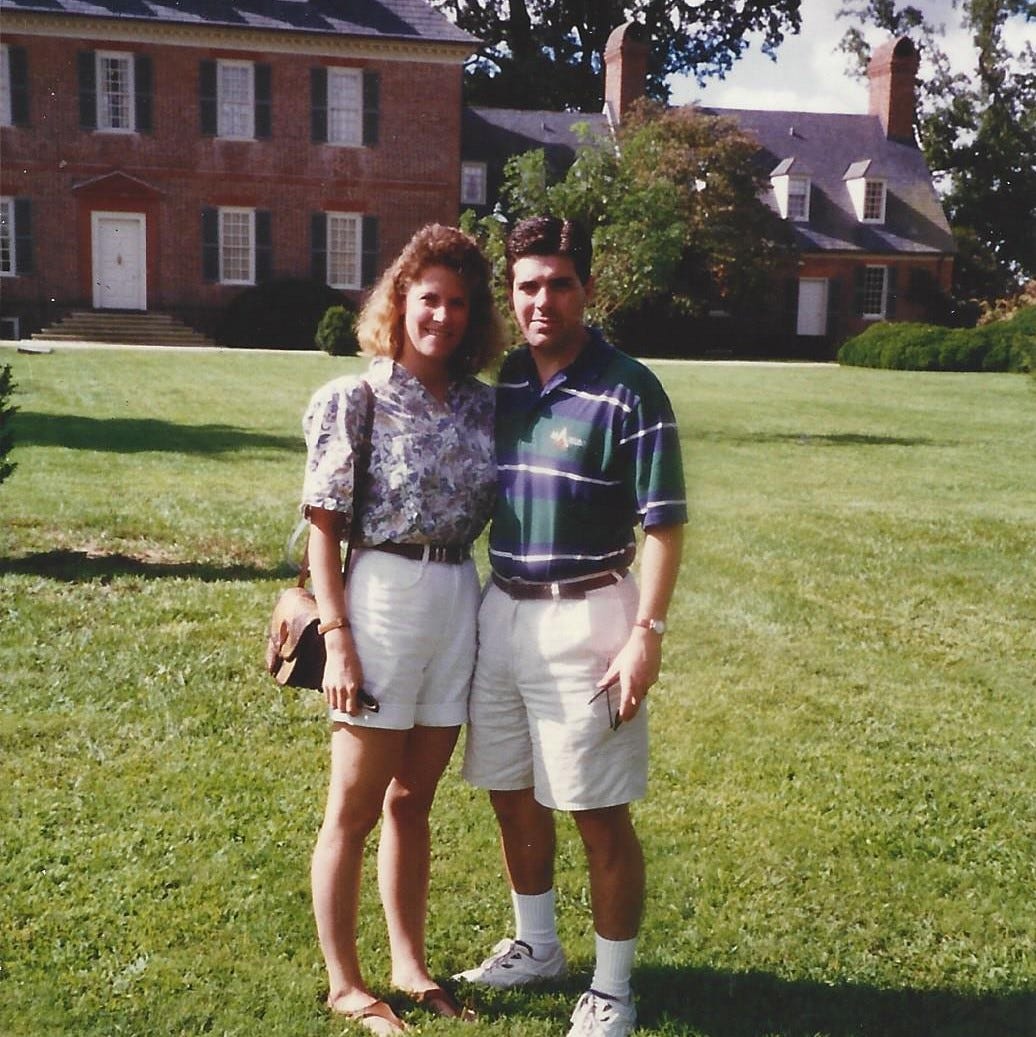
Your 20s are also an excellent time to discover things you didn’t know you had a passion for, either because you hadn’t had a reason to appreciate them before or hadn’t been exposed to them.
In our mid-20s, my husband and I discovered an appreciation for classical architecture. Though neither of us had given much thought to the so-called “built environment” growing up, architecture intrigued us.
How did we discover we were architectural aficionados? When we’d hunted for our first house, we would have loved to find a charming, old house. But all the old houses were either out of our price range or were such fixer-uppers that they would have claimed most of our spare time (which would have been a drag on the double-income, no-kids lifestyle we wanted to enjoy for a few years).
So we went with a less enchanting colonial circa 1978 and saved the old house dream for another day. Since we couldn’t live in our own old house, we started visiting as many old mansions as we could to soak up some of the atmosphere we desired.
Touring grand old houses became one of our favorite things to do on a weekend. In a way, it was like our very own “House Hunters”/”Lifestyles of the Rich and Famous” mashup.
We also discovered “Designer Houses,” in which a spacious home is made available by a homeowner, completely redecorated by interior designers and landscapers, and then opened to the public for tours as a fundraiser for a hospital or other charitable organization.
We also took advantage of neighborhood walking tours offered by the Preservation Alliance of Philadelphia, which allowed us to observe various architectural styles in the wild and explore regions of the city that we hadn’t visited before.
Gathering and filing away ideas for the old house that we hoped would be in our future turned out to be a terrific pastime. By the time we visited Carters Grove near Williamsburg in the photo above, we were just weeks away from settling on our own old farmhouse. We’d had six years’ worth of idea-gathering that had fueled our imaginations and filled hours of leisure time with a pursuit that had nothing to do with our daily work lives but that my husband and I both enjoyed.
So, if I were you, I’d take full advantage of the opportunity you have to choose a hobby that delights you. Think of it as giving yourself a “job” you only have to report to when you want to, which requires only tasks that you enjoy. You probably won’t earn any money at this “job,” but it will undoubtedly aid your mental health and benefit your well-being.
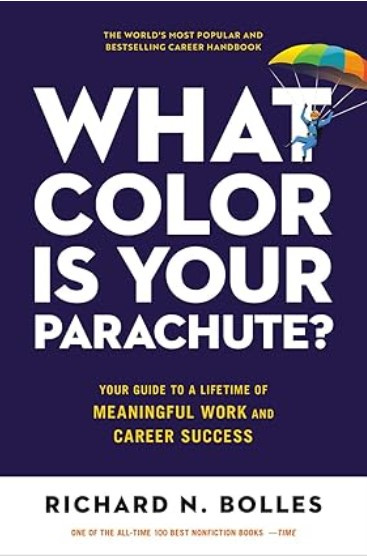
The core element of What Color Is Your Parachute? is the Flower Exercise, a self-inventory that helps readers identify key passions, transferable skills, and traits so that they can identify the profile of a job that would most completely match and fulfill them. According to author Richard Bolles, if you develop a deeper knowledge of who you are and what you need in your job, you will have a much greater chance of finding work you really want to do.
Bolles says that completing Parachute’s Flower Exercise, which can be time-consuming, is worth it because doing this kind of homework will make it easier to describe exactly what you’re looking for to your contacts, identify companies who match you, and definitively see what new career or direction you want for your life. Plus, by ending up with a picture of a job that would really excite you, Bolles says you are more likely to pour more time, energy, and determination into your job search.
According to Bolles, completing an inventory of who you are and what you love to do before you set out on your search for meaningful work, helps you take full advantage of the opportunity your job search represents.
Look for more about What Color Is Your Parachute? next week.
In the olden days, moms used to clip newspaper articles for their kids if they thought it was something they needed to know. I’m watching for things you might have missed that may be helpful to you.
This week’s clips:
Hobbies aren’t meant to be only for retired people. Burlap + Blue has compiled a list of more than a thousand hobbies to try. And even better they’re categorized by type (physical/active, creative/crafty, mental, musical, collecting, food/drink, games/puzzles, making things with your hands) to make it easier to zero in on what might float your boat.
Taking up a new hobby sometimes requires you to leave the familiar behind and temporarily tolerate the discomfort of having to adjust to a whole new thing. Self magazine offers some suggestions for how to get through the “I suck at this and want to quit” phase of a new pursuit.
Psychiatrist and author Dr. Sue Varma recommends treating negative thoughts like luggage on an airport baggage carousel. “Notice negative thoughts the way you would notice airport baggage on a carousel. You can see it go by, you may have comments and judgments about it, but you don’t go home with somebody else’s baggage.” On this podcast episode, Dr. Varma discusses habits like this one that lead to lasting, positive change in your well-being.




